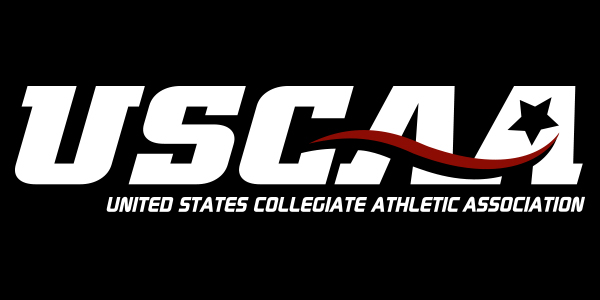Academic Catalog | Student Life

V.P. of Student Development Trevor Holloway, Ph.D.
Trinity College offers education designed to equip men and women for Christian service in a number of occupations. This sort of equipping demands growth and development in every facet of life and recognizes that true Christian maturity goes beyond academic achievement to include one’s lifestyle. At Trinity, we are committed to complementing classroom instruction with biblical values and lifestyles. Trinity College provides many opportunities for Christian fellowship and for the enrichment of Christian personality through a balanced program of social events throughout the year. The social program is correlated through the Office of the Vice President for Student Development. These events include a series of all-school socials sponsored by the Student Government Association. Devotionals and interpersonal relationships in the residence halls provide shared experiences leading toward maturity. All of these are a vital part of the student experience at Trinity College.



